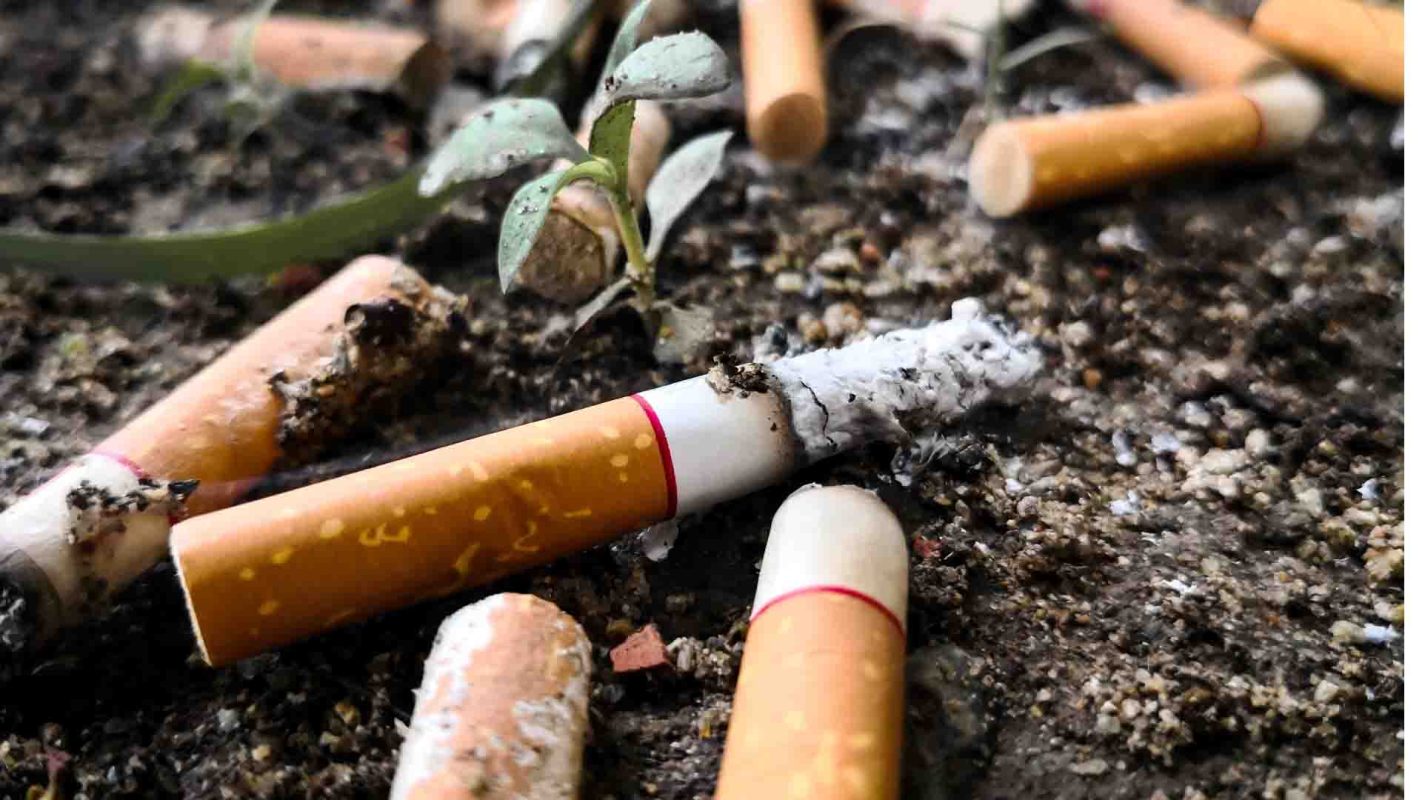Cigarettes aren't great for the environment. In addition to the effects on smokers and everyone who inhales secondhand smoke, they produce cigarette butts, one of the most prevalent and poisonous types of litter on the planet.
But, for perhaps the first time ever, there is now some good news involving cigarette butts. Due to new environmental regulations in Spain, the cost of cleaning up all cigarette butts will now rest squarely on the shoulders of the tobacco companies.
According to the CDC, cigarette butts are "the largest single type of litter by count and their filters do not biodegrade." They also leach toxic substances like arsenic and lead, and they have been reported to be the "biggest man-made ocean contaminant."
In Spain, millions of cigarette butts are discarded each year, and according to some estimates, the cost of cleaning them up will be around one billion Euros annually (approximately $1.08 billion USD).
The new Spanish law is part of a package of environmental measures that also includes a ban on single-use plastic cutlery and plates, cotton buds, expanded polystyrene cups, and plastic straws. The law will also require cigarette manufacturers to educate the public on why it is not a good thing to throw spent cigarette butts on the ground. It's currently unclear how this effort will look in practice.
Spain is not the only country taking action to disincentivize cigarette smoking among its population. Last month, New Zealand passed a law banning anyone born after 2008 from being able to purchase tobacco products.
That law was part of a larger initiative, in which legislators hope to create a "smoke-free" New Zealand by 2025.
"Thousands of people will live longer, healthier lives and the health system will be [$3.2 billion] better off from not needing to treat the illnesses caused by smoking," Dr. Ayesha Verrall, who introduced the bill in New Zealand, said in a statement.
Want more? Follow The Cool Down on Instagram and join our Weekly Newsletter for cool stories and easy tips that save you money, time, and our planet.








